Treatment of Persistent Depressive Disorders: Trajectories and mechanisms of change
Categories: Research project

A process study examining trajectories and mechanisms of change in short-term dynamic therapy for persistent depressive disorders. The aim is to gain a better understanding of how psychological treatment works.
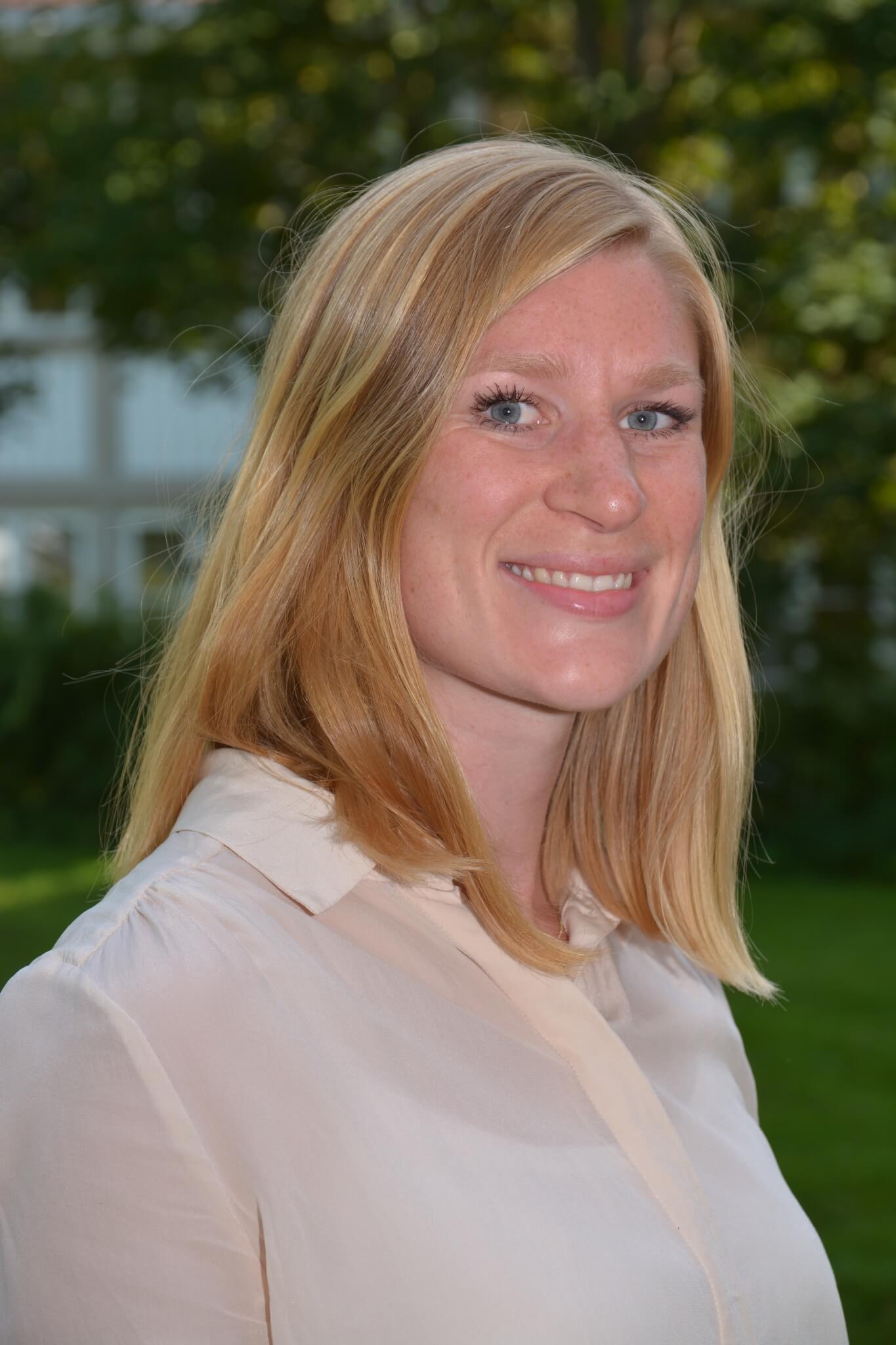
Linne Melsom is a clinical psychologist specialized in clinical psychology for adults with additional training in Intensive Short-Term Dynamic Psychotherapy (ISTDP). Linne’s areas of interest include short-term dynamic therapy, emotion-focused treatments, emotions, the therapeutic alliance, therapist training, trauma and depression. Her research is mainly conducted within the field of psychotherapy research, investigating trajectories, processes and mechanisms of change. Linne has developed expertise in analyzing longitudinal data using advanced latent growth curve models.
About the Project
The project is a naturalistic process study that examines trajectories and mechanisms of change in short-term dynamic therapy for persistent depressive disorders. The study aims to explore 1) the trajectories of change, which means how change occurs throughout the course of treatment, and attempts to identify subgroups of change trajectories, 2) psychological (including specific emotions, self-compassion, emotion regulation) and contextual factors in therapy and how they interact and relate to outcomes. The goal is to understand more about how change in psychotherapy takes place and what factors are effective in therapy. This knowledge can be used to create more effective treatments and tailor therapy to different patient groups. The study utilizes data collected continuously throughout the treatment process at Modum Bad using the feedback tool M-POQ (Modum Bad Process and Outcome Questionnaire). The project uses advanced latent growth curve models to investigate on an individual level what leads to change from week to week during treatment.
Objectives
The project’s objectives are to acquire knowledge of how change occurs and to identify trajectories and mechanisms of change in psychological treatment for persistent depression. In other words, to understand more about how therapy works. This knowledge can be used to develop more effective treatment approaches and tailor treatment to different patient groups.
Results
The study has the following main findings so far:
- Reduced fear of receiving compassion from others predicts improvement in depression and might be a mechanism of change in the treatment of persistent depression.
- Self-compassion does not predict improvement in depression; however, the reduction of depressive symptoms seems to predict increased self-compassion. Therefore, self-compassion appears to be an outcome of effective therapy rather than a mechanism of change.
- Increased emotional clarity (improved ability to identify emotions) predicts improvement in depression and might be a mechanism of change.
- Increased tolerance for emotional discomfort predicts change in depression and might be a mechanism of change.
- Three subgroups of change trajectories have been identified throughout the course of therapy: a) lower symptom pressure and gradual improvement, b) moderate symptom pressure and improvement in the early and late stages of treatment, and c) high symptom pressure with little improvement.
- The presence of trauma symptoms, high fear of receiving compassion from others, and low tolerance for emotional discomfort are predictors for symptom severity and poorer response to treatment, and increase the likelihood of being in the trajectory of high symptom pressure with little improvement.
Background
The project is a doctoral research project that began in 2018. The project uses data from the Unit for Depressive Disorders at Modum Bad. The department offers short-term dynamic therapy for adult patients with persistent depressive disorders. The treatment is inpatient and lasts approximately 10 weeks.
Patients who have received treatment at Modum Bad from 2015 to the present can be included in the study if they have consented to the use of their data for research purposes. All patients can withdraw their consent at any time.
Funding
Funded through an innovation project with revenues from the public sector for innovation in patient treatment.
Collaboration
The project collaborates with Patrick J. Curran, PhD, from the University of North Carolina.
Tools
The study uses data collected continuously throughout the treatment process at Modum Bad via the feedback instrument M-POQ (Modum Bad Process and Outcome Questionnaire).
Contact Information
Project Manager: Pål Ulvenes, PhD, Clinical Psychologist Specialist and Head of Department at Modum Bad
Project Contact: Linne Melsom
You can also reach us through the Modum Bad telephone service: 32 74 97 00
Project team at Modum Bad
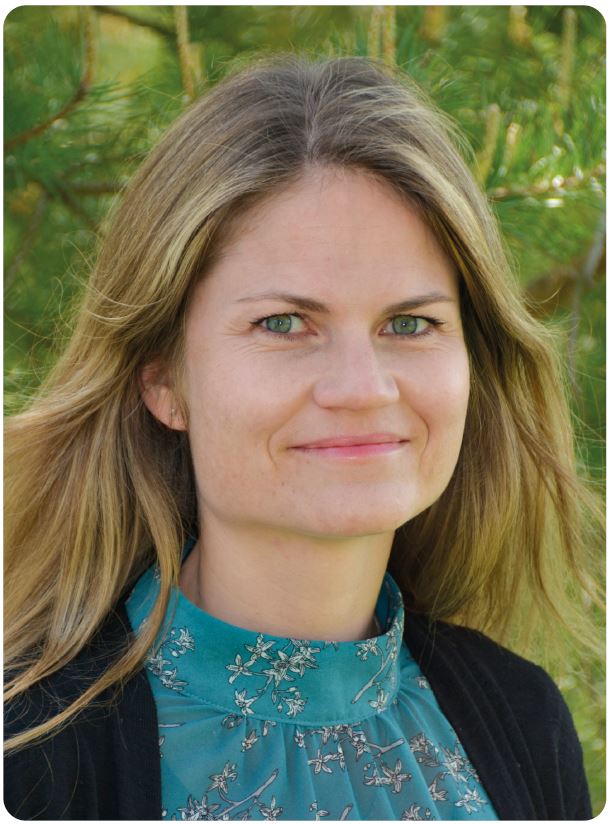
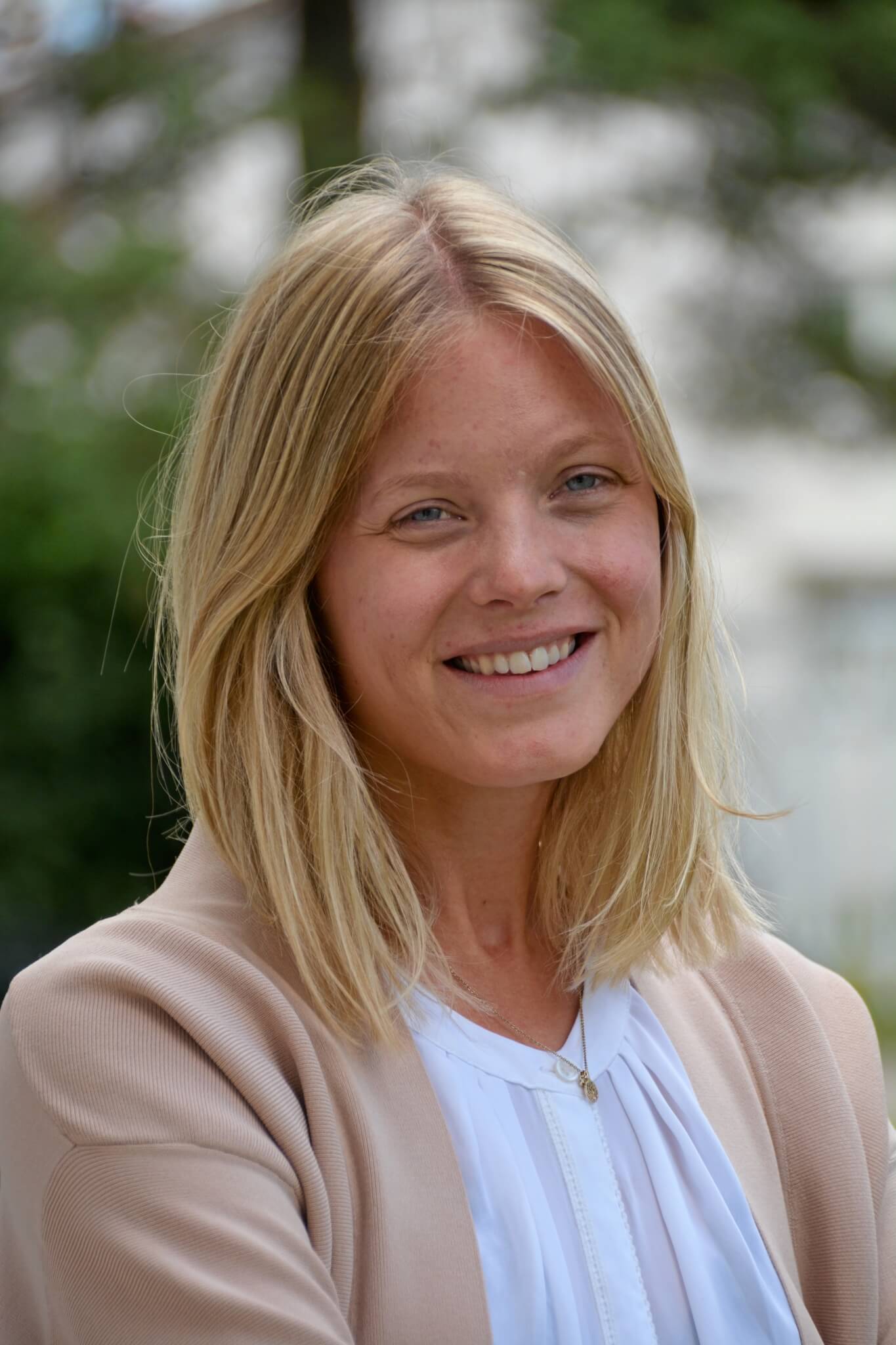
Ingvild Finsrud, Ph.D.
Clinical Psychologist
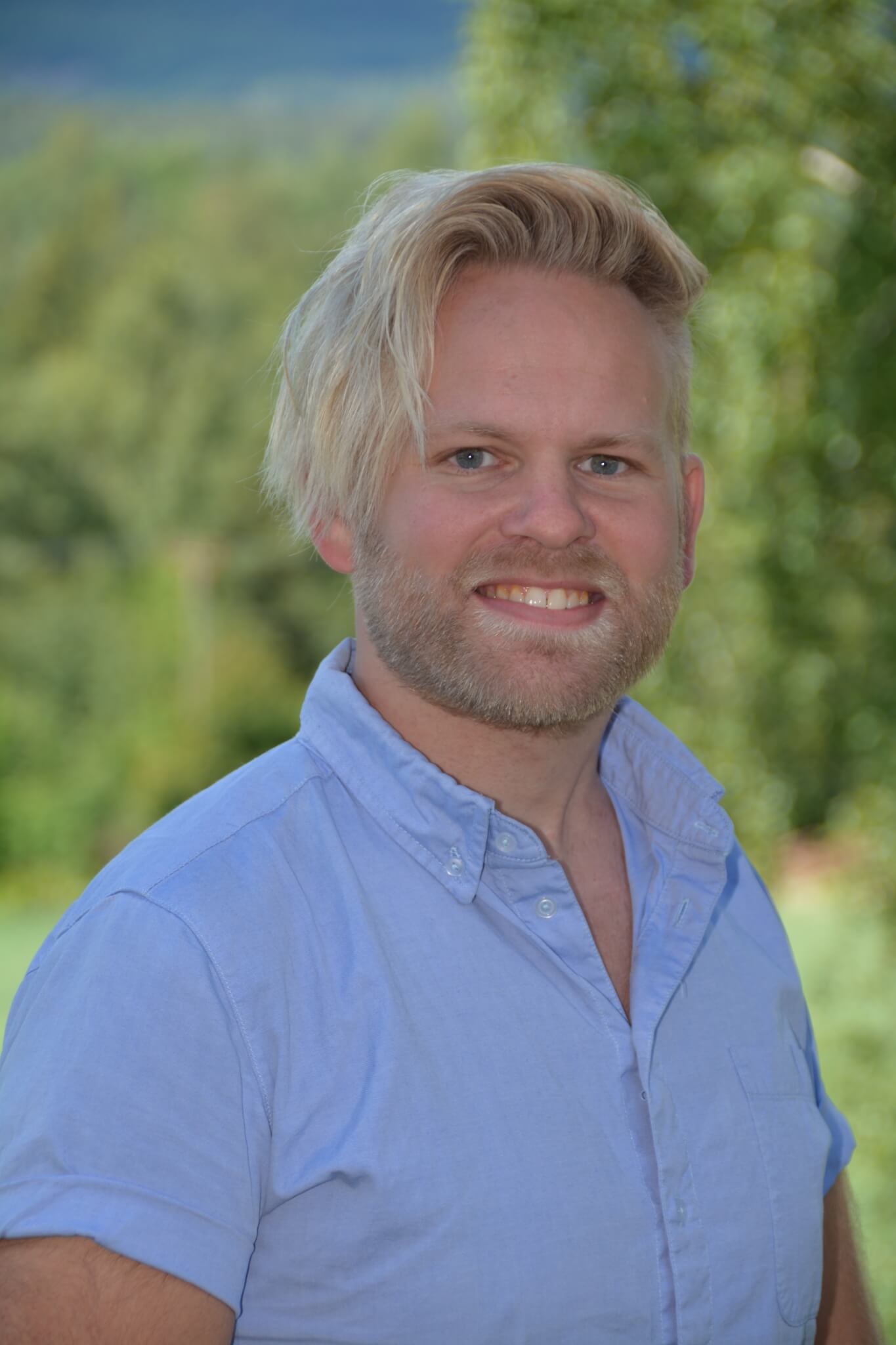

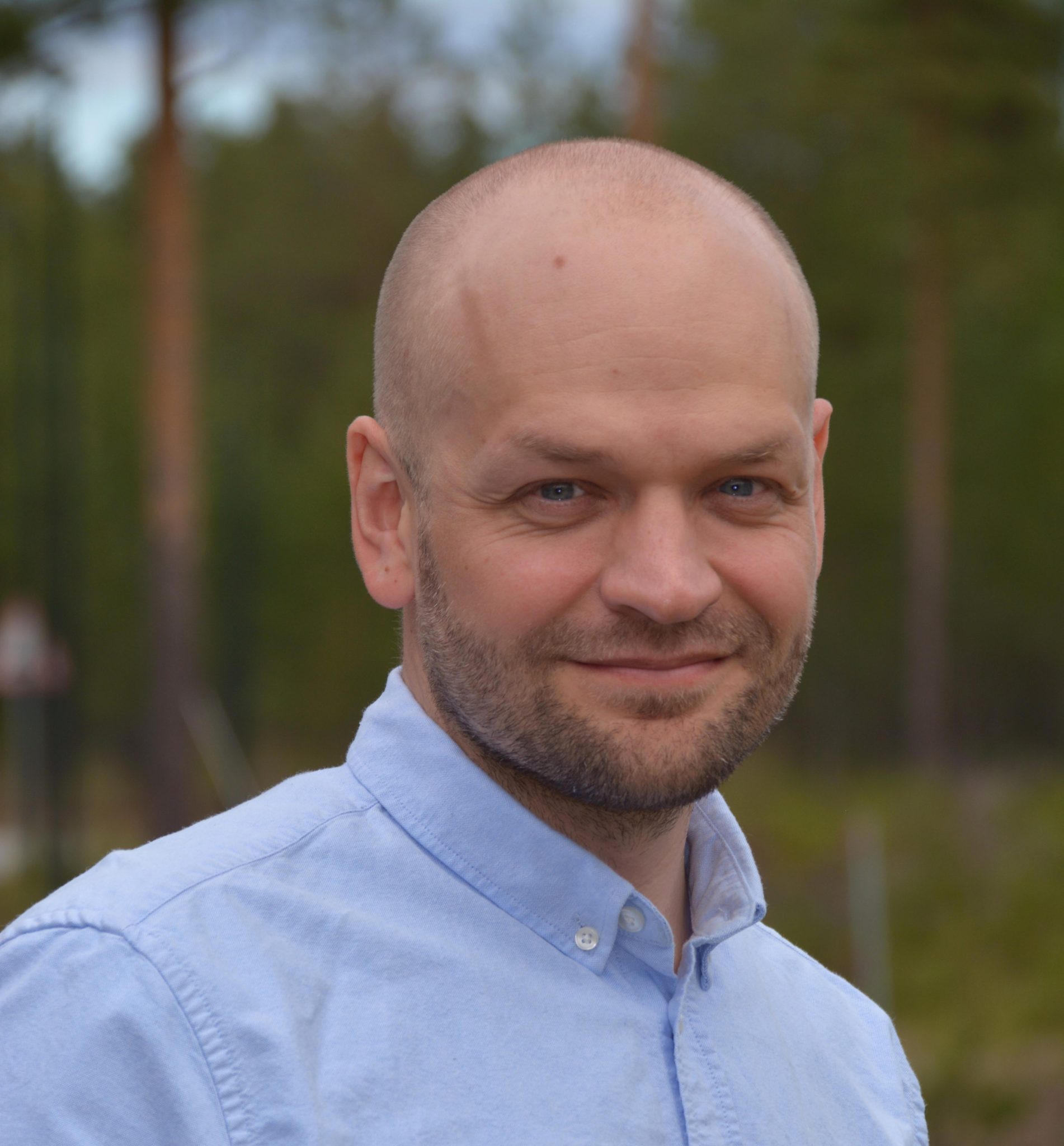
Pål Gunnar Ulvenes, Ph.D.
Klinikkleder / Førsteamanuensis II Universitetet i Oslo
Head of Clinic, Associate Professor at University of Oslo
Project participants
Linne Melsom, Clinical Psychologist, Ph.D. Candidate, Modum Bad
Pål G Ulvenes, Clinical Psychologist, PhD, Head of Department, Modum Bad, Supervisor
Ole Andre Solbakken, Clinical Psychologist, PhD, University of Oslo, Co-Supervisor
Mikkel Eielsen, Medical Doctor, Ph.D. Candidate, Modum Bad
Bruce Wampold, Ph.D., University of Wisconsin

